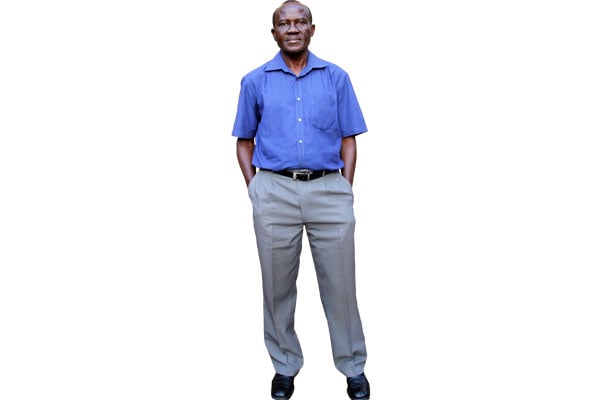When Buganda was brutal and treacherous, who was not?

Alan Tacca
What you need to know:
- In Mongolia and dynastic China, or under the samurais in imperial Japan, the story of the East was also blood-letting authoritarianism.
In ‘Pre-colonial dominance of Buganda’ (Sunday Monitor, March 14), Yoga Adhola rebukes Muniini K. Mulera for limiting his scope to the colonial period in an article Muniini had written. With the enthusiasm of a true UPC ideologue, Adhola exhorts us to explore 300 years of Buganda’s imperialist savagery before the Europeans appeared; savagery he has happily found is confirmed by Semakula Kiwanuka, a distinguished Muganda historian.
What Adhola writes is of substantial intellectual interest, but he, too, should be rebuked for failing to put the events of two and three hundred years ago in the moral context of those times; for apparently judging those events by the values of our times.
Perhaps with more purposefulness than the other players in the Victoria/Albert/Kioga sub-region, Buganda and Bunyoro were in the business of nation and empire building. As Adhola observes, one or the other was in ascendancy at different times. Was Buganda less humane than Bunyoro and the other players of the time?
It is laudable that way back in the 1970s, a Muganda historian could rise above blind tribal loyalty and write about ancient Buganda what he had actually found from his sources.
Before his death in 1927, even a Buganda Kingdom prime minister, Sir Apollo Kaggwa, wrote about the excesses of some of the past kings with surprising honesty. Adhola would have to search very hard to find scholars rooted in Bunyoro, Nkore or Luo heritage who reported on their people’s pre-colonial history with more candour.
Across most of the world, nation and empire building and the exercise of power were a grim enterprise.
War was the standard medium. Victors slaughtered, plundered, humiliated and subjugated the defeated almost with impunity.
European nations grew or shrunk by the sword and gunfire. Natives everywhere were treated like vermin by stronger invaders.
But do not romanticise non-European natives. In Mexico’s Aztec empire, human sacrifice was rampant. And the Aztecs may have invented football, playing with human skulls as balls!
In Mongolia and dynastic China, or under the samurais in imperial Japan, the story of the East was also blood-letting authoritarianism.
Indeed, as recently as the 1900s, Europeans sunk below their rich philosophical, scientific and cultural heritage and treated each other like beasts.
After World War II, various conventions and a human rights ethos have given some respite to parts of mankind. Africa is not an exemplary beneficiary. And every time there are serious violations, you hear the reply: We are still young, still nation-building.
Yes, as Adhola notes, around 1870, Muteesa I was probably treacherous towards the Nkore prince, Makumbi, if we assume by simple faith that Makumbi had a clean agenda!
But almost a hundred years later, the UPC leader and Ugandan ruler, Dr Milton Obote, also treated Muteesa II with premeditated treachery, Muteesa’s mistakes notwithstanding.
And in the 60 years of post-colonial ‘nation-building’, the legal and rebel armed outfits of Obote, Lule, Binaisa, Muwanga, Obote again, Okello and Museveni have between them probably slaughtered, tortured (and failed to protect) more Ugandans than all the victims of Buganda’s kings in over 600 years.
There is an intriguing Ugandan post-independence model; that you woo Buganda’s masses when promising to establish civilised lawful rule, and you gang up with the others against the Baganda when sliding into barbarism. Because of its simplicity, it is a very attractive model, and Museveni may be tempted to buy it. Never mind that it always seems doomed to implode as barbarism ultimately threatens everyone and the pressure mounts for another revolution.
Mr Tacca is a novelist, socio-political commentator.
[email protected]




